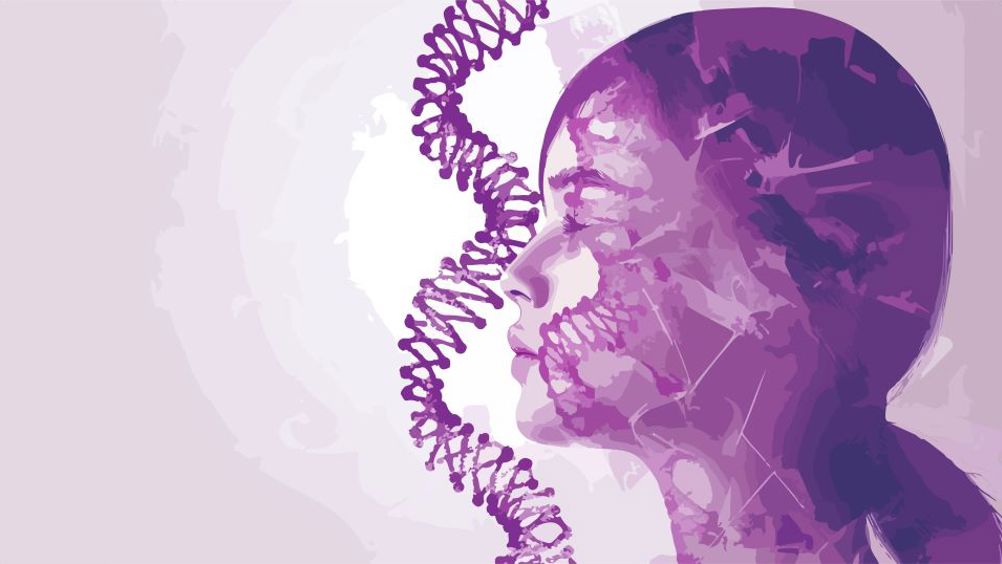AI accelerates gene identification for neurodevelopmental conditions
Researchers have developed an artificial intelligence approach to accelerate the identification of genes that contribute to conditions including autism spectrum disorder and epilepsy.

This new tool can reportedly help fully characterise the genetic landscape of neurodevelopmental disorders, which is key to making accurate molecular diagnosis, elucidating disease mechanisms, and developing targeted therapies. The study is detailed in the American Journal of Human Genetics.
In a statement, first and co-corresponding author Dr Ryan S. Dhindsa, assistant professor of pathology and immunology at Baylor College of Medicine, said: “Although researchers have made major strides identifying different genes associated with neurodevelopmental disorders, many patients with these conditions still do not receive a genetic diagnosis, indicating that there are many more genes waiting to be discovered.”
Typically, to discover new genes associated with a disease, researchers sequence the genomes of many individuals with the disorders and compare them to the genomes of people without the disorders.
MORE FROM ARTIFICIAL INTELLIGENCE
“We took a complementary approach,” said Dhindsa, who is also principal investigator at the Jan and Dan Duncan Neurological Research Institute at Texas Children’s Hospital.
Register now to continue reading
Thanks for visiting The Engineer. You’ve now reached your monthly limit of news stories. Register for free to unlock unlimited access to all of our news coverage, as well as premium content including opinion, in-depth features and special reports.
Benefits of registering
-
In-depth insights and coverage of key emerging trends
-
Unrestricted access to special reports throughout the year
-
Daily technology news delivered straight to your inbox










Water Sector Talent Exodus Could Cripple The Sector
One possible reform to the Asset Management Plan (AMP) system would be to stagger the five year cycle across the ten or so water businesses, so that...